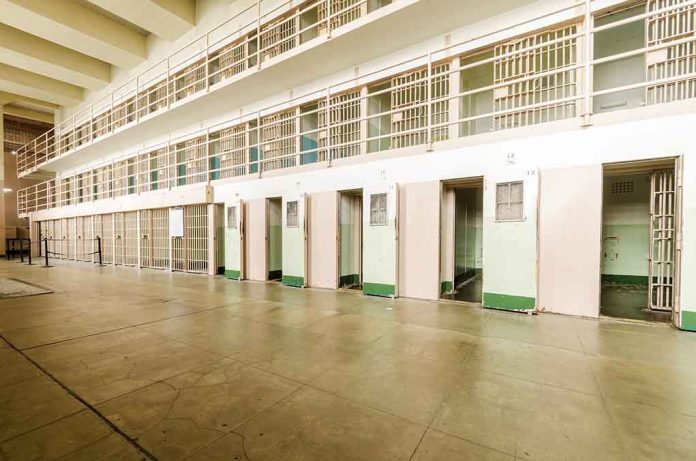
The escape of a Chinese woman from a Panamanian deportee hotel has sparked urgent concerns about the conditions of detained migrants within the nation.
Key Takeaways
- The escape highlights possible deficiencies in Panama’s migrant detention system.
- Approximately 300 deportees, mostly Asian nationals, are housed in temporary lodging in Panama.
- Human rights observers are concerned about the quality and humanity of care for these detainees.
- The escape raises questions about international cooperation affecting migrant rights and safety.
- Panama faces logistical challenges in managing non-repatriated migrants near the Darien Gap.
Escalating Concerns in Panama
A Chinese woman’s escape from a Panama hotel, which temporarily houses about 300 deportees, has triggered concerns about migrant detention conditions. Panama, serving as a transitional point under a U.S. agreement, hosts numerous Asian migrants including those from China. The incident underscores potential systemic failures in ensuring safety and rights for detainees, despite Panama officials asserting that the hotel is not a prison in the strictest sense.
Human rights advocates are expressing apprehensions over the quality of care available to these individuals. As the international community closely monitors this situation, Panamanian authorities grapple with logistical challenges, especially for migrants who cannot be immediately repatriated. The proximity to the notoriously inhospitable Darien Gap complicates transportation to alternative facilities.
International Cooperation and Human Rights Protocols
This unfolding issue compels a reevaluation of international collaborations and their impacts on human rights protocols concerning migration. Despite seemingly effective agreements, incidents like this escape question the robustness of migrant management systems. Panama, a critical link in these arrangements, now faces increased scrutiny over its processes and protocols.
“The first raids are going to look heavily militarized, even if they won’t involve the military. I think it’s going to be choreographed to create a sense of fear and chaos in immigrant communities, because they cannot actually operate at the scale that they want.” – Naureen Shah
Panama’s response to the escape, along with insight into migrant management pitfalls, raises critical questions about overall readiness to handle large-scale migrations. Authorities must balance international expectations with localized realities to uphold human rights while ensuring security and order.
Future Implications for Migration Management
The ramifications of such incidents extend far beyond Panama, potentially affecting policies and management strategies in neighboring countries and partner nations. As deportation operations expand globally, including notable plans from the prior Donald Trump administration to execute the largest deportation in U.S. history, international collaboration becomes even more vital.
“I think the first 90 days is going to be hell, You’re going to see the buses … You’re going to see kids not in your schools. You’re going to know where they’re at because they’re waiting in a detention cell and they have cellphones. You’re going to see it in social media. You’re going to see businesses not be able to open up because their workers didn’t show up. You’re going to see businesses being raided.” – Jason Houser
This development compels nations to thoroughly evaluate the human impacts of migration enforcement strategies and the importance of safeguarding individuals’ rights amid political and logistical challenges. Strengthened accountability and humane approaches are essential in pursuing meaningful and sustainable outcomes in migrant management.
Sources
1. How would Donald Trump carry out his mass deportation scheme?




